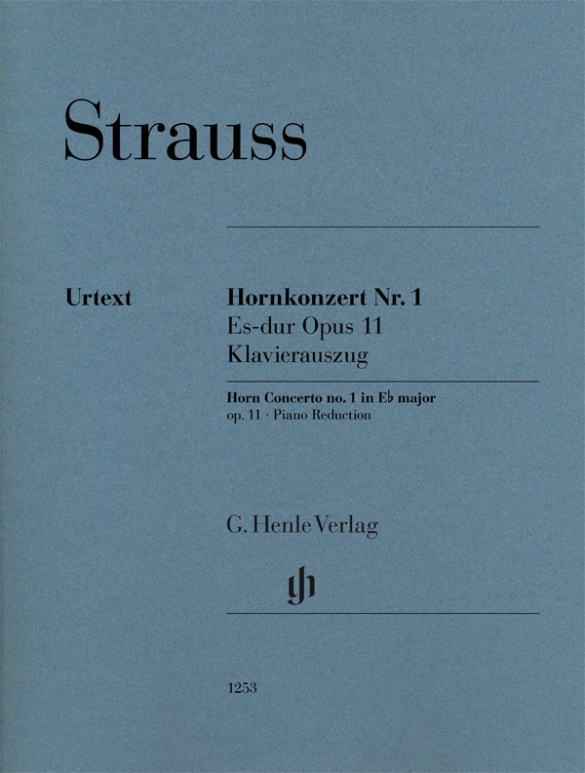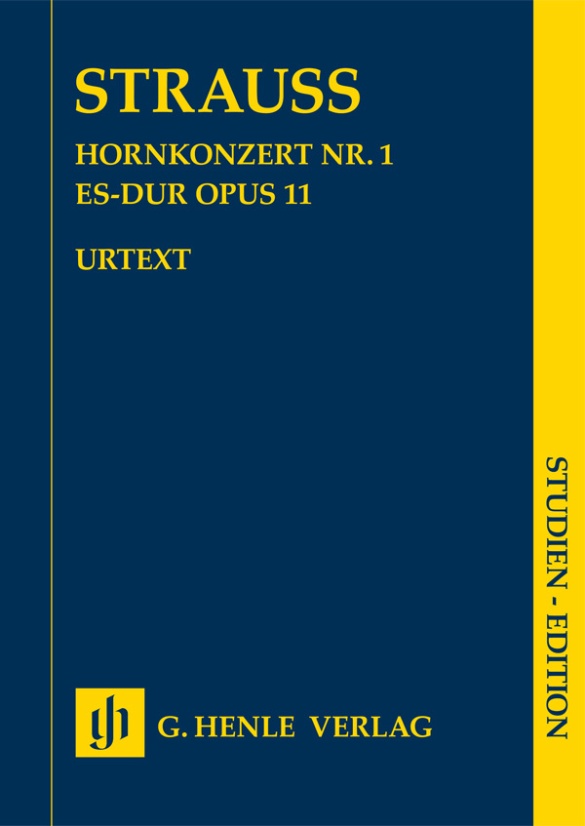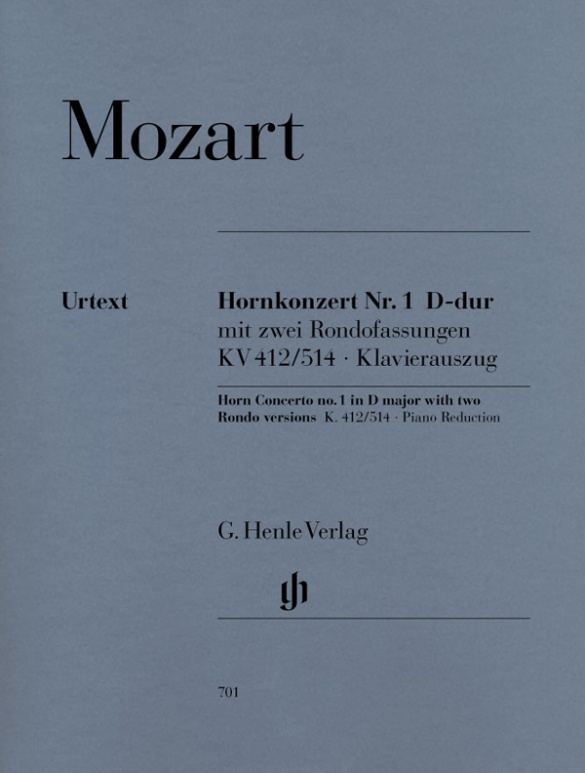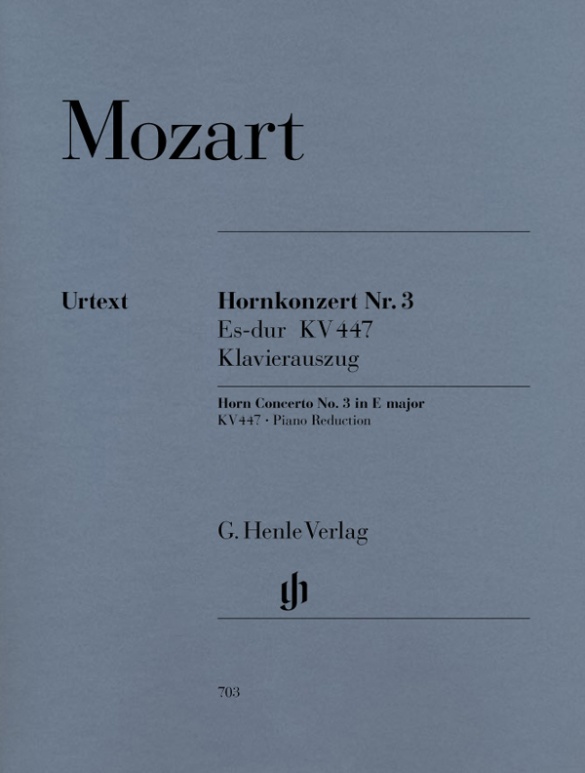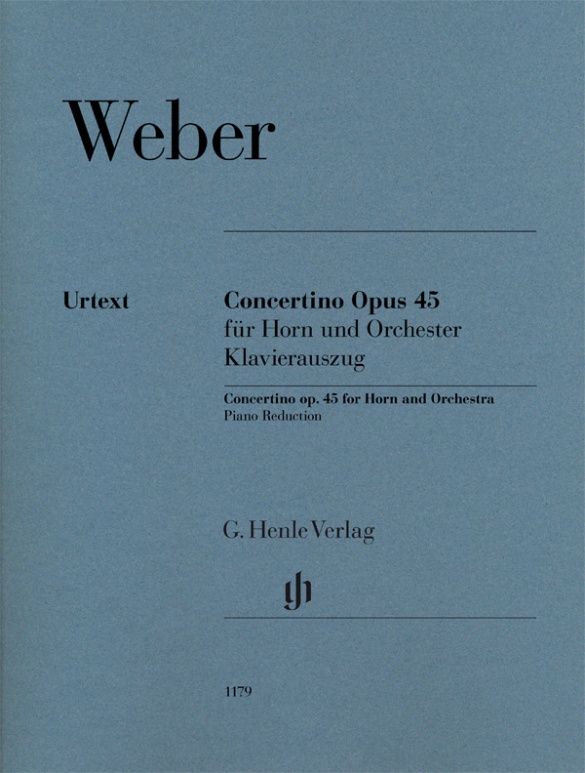

Carl Maria von Weber
Concertino op. 45 for Horn and Orchestra
The horn is surely the most “romantic” of instruments, and it is a well-known fact that it plays a prominent role in Weber’s oeuvre. Der Freischütz and Oberon would be unthinkable without their horn calls, whether to signify yearning or the clarion call of the hunt. But Weber did more than give the instrument important solo parts in his operas; he also wrote a virtuoso concert piece that to this day is regarded as one of the most difficult in the whole horn repertoire – not least because the soloist has to play three-part chords (!) in the cadenza. This Henle Urtext edition is based on the autograph, the engraver’s copy (checked by Weber himself) and the first edition, and so offers the best possible musical text for those wishing to learn this highly effective virtuoso piece. The Preface also for the first time provides biographical details of Sebastian Rauch, the Munich horn player who commissioned this Concertino.
Content/Details
About the Composer
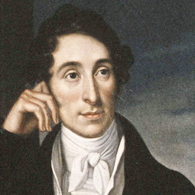
Carl Maria von Weber
One of the most important German opera composers before Wagner, he advocated for a German opera through his own output and in his writings. His fame is predicated on “Der Freischütz,” which was received emphatically as a German nationalist opera. His instrumental works (orchestral pieces, solo concerti, chamber music, piano works) are largely based on Classical models though already anticipate the Romantic sound.
| 1786 | Born in Eutin on November 18 or 19. Journeyman years with the “Webersche Schauspielergesellschaft,” a wandering acting troupe. He plays smaller roles for children. |
| 1797 | The troupe comes to Salzburg, where he studies composition with Michael Haydn from 1798. |
| 1800 | Premiere in Freiberg of his first Romantic, comic opera, “Das Waldmädchen” (“The Forest Maiden”). |
| beginning 1803 | Years of study in Vienna with Georg Josef Vogler. |
| 1804–06 | First appointment as music director in Breslau (Wrocław). |
| 1810 | Premiere in Frankfurt am Main of the Romantic opera “Silvana.” Piano Concerto No. 1 in C major, Op. 11. |
| 1811 | Clarinet Concerti No. 1 in F minor, Op. 73, and No. 2 in E-flat major, Op. 74, commissioned by Maximilian of Bavaria; in 1812, Piano Concerto No. 2 in E-flat major, Op. 32. |
| 1813–16 | Opera director and music director of the Estates Theater in Prague. From 1817 onward,courtl music director in Dresden. |
| 1819 | Piano pieces: “Rondo brillante” in E-flat major, Op. 62; “Aufforderung zum Tanze” (“Invitation to the Dance”) in D-flat major, Op. 65; “Polacca brillante” in E-flat major, Op. 72. Trio in G minor for piano, flute, and cello, Op. 63. |
| 1821 | Premiere in Berlin of his Romantic opera “Der Freischütz,” Op. 77; it is received as an archetypal German opera due to its subject matter and music, although it integrates German, French, and Italian elements. Konzertstück in F minor for Piano and Orchestra, Op. 79, which paves the way for one-movement concerto compositions in the nineteenth century. |
| 1823 | Premiere in Vienna of “Euryanthe,” Op. 81. |
| 1826 | Premiere in London of “Oberon.” Death in London on June 5. |
About the Authors

Dominik Rahmer (Editor)
Dr. Dominik Rahmer, born in 1971 in Mainz, studied musicology, philosophy and maths in Bonn. He did his Magister Artium in 1999 and his doctorate in 2006 with a thesis on the music criticism of Paul Dukas.
From 2001 to 2011 he was employed at Boosey & Hawkes/Bote & Bock in Berlin, where he also worked on the Critical Edition of the Works of Jacques Offenbach (OEK). Since 2011 he has been an editor at G. Henle Publishers in Munich, with a particular focus on French and Russian music and works for wind instruments.
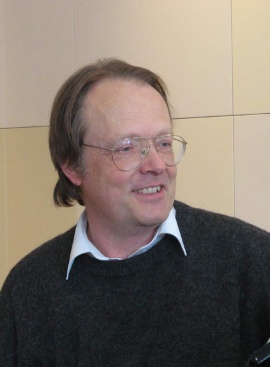
Johannes Umbreit (Piano reduction)
Prof. Johannes Umbreit studied the piano at the Musikhochschule in Munich. From 1987 onwards he was a regular accompanist at courses given by Wolfgang Schneiderhan, Thomas Brandis, Ljerko Spiller, Igor Ozim, Olga Woitowa, Ernő Sebestyén, Walter Nothas, F. Andrejevsky, Denis Zsigmondy and Zakhar Bron amongst others. He has appeared in numerous radio and TV broadcasts and plays chamber music with members of the Bavarian State Orchestra, the Munich Philharmonic Orchestra and the Bavarian Radio Symphony Orchestra.
He is on the jury of different international competitions and has been invited to several international music festivals. Umbreit was a teacher for almost ten years at the Musikhochschule in Munich and at the same time a lecturer for chamber music and piano accompaniment at the Richard Strauss Conservatory. Since 2008 he has been a lecturer at the Hochschule für Musik und Theater München. As the long-serving managing director of the Richard-Strauss-Gesellschaft, he was made an honorary member of the board in 2009. In May 2011, the Bavarian Minister of Culture appointed Johannes Umbreit an honorary professor of the Hochschule für Musik und Theater München on the suggestion of its academic senate.
Product Safety Informations (GPSR)

G. Henle Verlag
Here you can find the information about the manufacturer of the product.G. Henle Verlag e.K.
Forstenrieder Allee 122
81476 München
Germany
info@henle.de
www.henle.com
Mit dieser Urtextausgabe ist wieder ein exzellentes und ansprechendes Exemplar bei Henle erschienen. Ein Hornstimme in E und eine transponierte Stimme in F sind beigelegt. Die akribisch genaue Arbeit des Herausgebers hat sich gelohnt.
das Orchester, 2019Für die Erstellung der Klavierreduktion zu Webers Concertino wurde mit Johannes Umbreit ein absoluter Könner seines Faches engagiert. Besonders gefallen die Instrumentationsbezeichnungen im Klavierauszug. Das hilft nicht nur dem Pianisten, es verfeinert auch die Klavierstimme, die damit an Schattierungen und Transparenz gewinnt.
nmz, 2020recommendations
autogenerated_cross_selling
Further editions of this title
Further editions of this title


